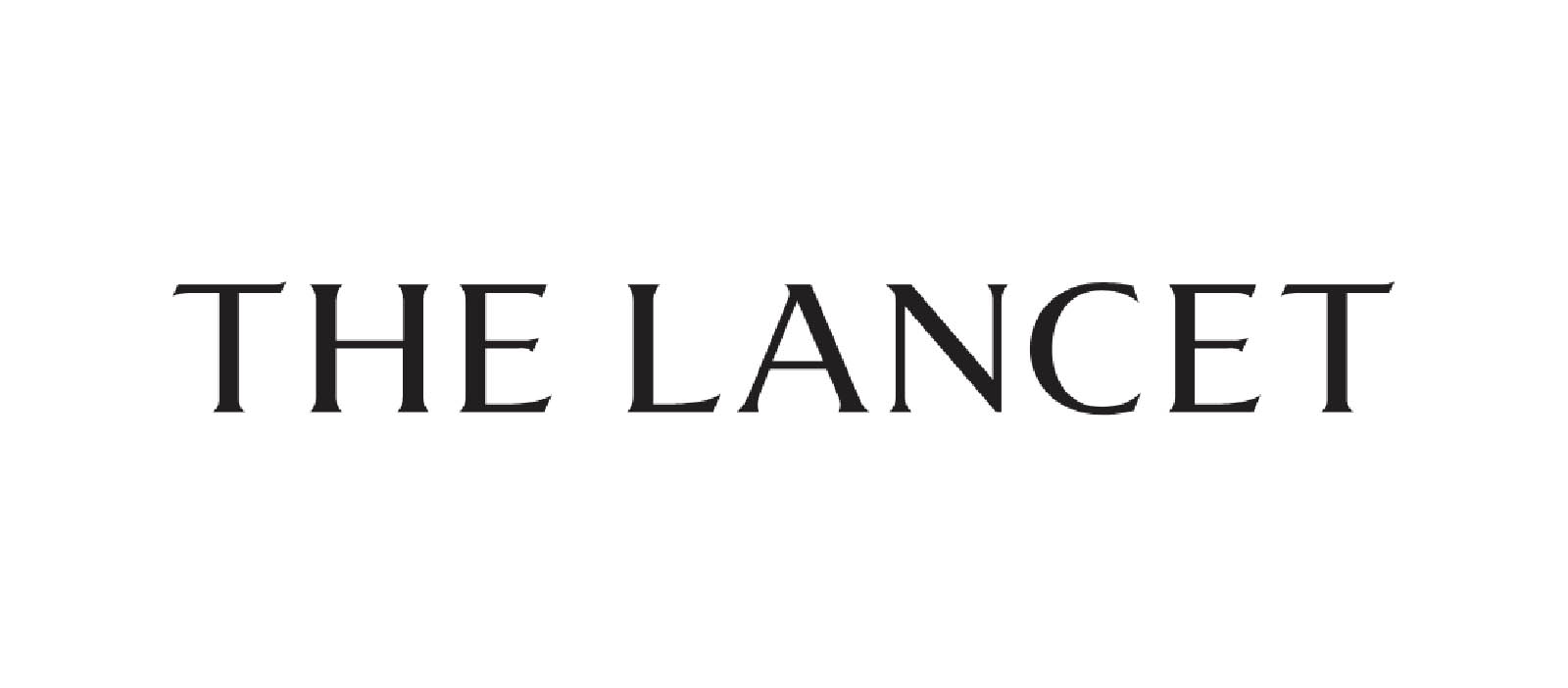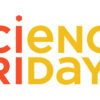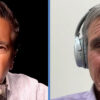Evan D. Muse & Eric J. Topol –
The notion that more data are more informative has helped lay the foundation for a new era in medical diagnostics. But this “kitchen sink” approach can be misguided. A classic example is a middle-aged executive without any symptoms who undergoes a yearly health check that sets off a cascade of additional testing, sometimes invasive and not without risk but often without any benefit except for the creation of revenue. That example precedes today’s data collection technologies of whole genome sequencing (WGS), wearable biosensors, high-resolution imaging, gut microbiome metagenomics, and more. We have already learned a great deal from this deep phenotyping in the research setting, but there is a big gap from introducing this to the clinic under the rubric of wellness and disease prevention.
Read the full article in The Lancet.





